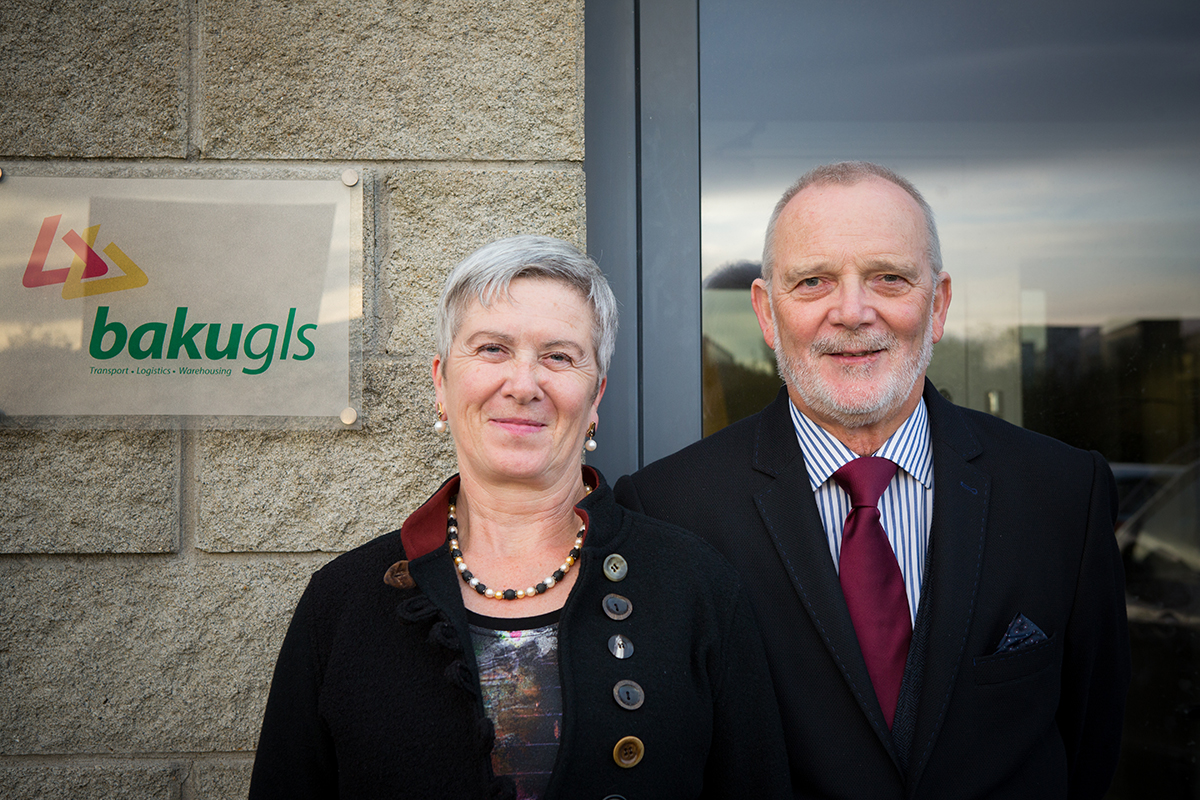
Last week, Tánaiste Simon Coveney announced an Irish Brexit Omnibus Bill to cover the event of a no-deal Brexit. It’s a record-breaking bill in terms of its size and scope: 74 pages, split into 15 sections, affecting 9 government departments. We look at what the bill covers, and its relevance to the Irish Transport sector.
What is the Irish Brexit Bill?
The Brexit Omnibus Bill (visible in full here) is meant to cover those areas of Irish law that will, by necessity, have to change in the event of a no-deal Brexit. With amendments to laws on everything from student loans to bus services to tax and extradition, the bill only changes laws that absolutely must be changed in the event of a chaotic or disorderly UK withdrawal.
Why is it needed?
If the UK crashes out of the EU with no deal, the relationship between the EU and UK will most likely default to WTO rules. This creates logistical issues at ports and tariffs on imports and exports, but it also impacts the validity and relevance of some Irish laws. Some of our laws were written at a time when the UK was a firm EU member with no prospect of leaving the bloc, and they have been worded with that assumption in mind. If changes aren’t made, it will cause knock-on issues with licenses, cash flow and legal compliance for businesses and third-level institutions across the country.
What the bill means for the Irish Transport Industry:
Surprisingly, there are just two areas relevant to the Irish transport industry in this bill. These are Pilot Exemption Certificates for Ferry Operators, and VAT payment deferrals for Irish businesses buying and selling in the UK.
Ferry Pilot Licences
Under current Irish law, you need to be an Irish or EU citizen (or a citizen of a state with a reciprocal arrangement) to hold a Pilot Exemption Certificate — this is the document that certifies you to pilot a ferry safely into harbour. If the UK crashes out on 29th March, UK pilots will no longer match the above criteria, which would create a staffing crisis for ferry companies at the worst possible time. The omnibus bill suggests changing the rules so that anyone who currently holds a valid Pilot Exemption Certificate on 29th March 2019 will continue to be able to work legally for up to 3 years after that date. This ensures that ferries can continue to run legally with existing crews, and creates a sensible buffer of time to accommodate legal changes on both sides of the water.
(ref. Part 9 — Amendment of Harbours Act 1996)
Deferred Payment of VAT on UK Deals
A no-deal Brexit would turn the UK into a third country; by default, this would mean that Irish businesses would need to pay VAT on the spot for any deals done in the UK after 29th March. The burden that this would put on businesses, both in terms of purchasing costs and administration, would be punitive and would put further pressure on the cash flow of Irish businesses already struggling to prepare for the uncertainty that lies ahead. The changes proposed in the Brexit Omnibus bill ensure that businesses can at least continue to defer VAT payments on their UK deals.
(ref. Part 6 – Taxation, Chapter 5 — Value-Added Tax)
Why isn’t there more for the Irish Transport Industry in this bill?
You’d be forgiven for expecting this bill to offer more clarity and support for transport operators like us. There are three main reasons why this bill contains so little relevant to Irish Transport:
-
- The bill addresses purely legislative issues. The first priority of the Brexit omnibus bill is to ensure that all our laws remain valid and relevant after Brexit, so it focuses on the wording of existing laws, first and foremost. It’s not a strategy document. If there’s already a central government strategy in place to handle a change in customs regulations, or if a government department can use its existing powers to respond to problems that may arise from a no-deal Brexit (e.g. ports, borders and customs), it won’t get a mention in this bill.
- We already have the Common Travel Area. Both the Irish and UK governments have made clear that they intend to protect and maintain the privileges and rights associated with the Common Travel Area (CTA). This is easy to say, but harder to commit to in practice. The UK/Ireland CTA has existed for almost 100 years (it actually predates the formation of the EU), but it didn’t appear in written legislation until 1997, after both Ireland and the UK had become EU members. It’s therefore almost impossible to refer to existing laws and picture how a CTA might protect us in the event of a disorderly no-deal Brexit next month.
- Negotiations are ongoing. Tariff levels, customs exemptions and other transport-related agreements between Ireland and a post-Brexit UK have not been confirmed yet. There are complex negotiations happening right now between the UK and Ireland, and it wouldn’t be appropriate for the Irish government to make any promises or concessions until an agreement has been reached.
When will the Irish Brexit Bill become law?
If nothing changes at Westminster in the next month, the bill will need to be ready to be signed into law at a moment’s notice on 29th March. If Brexit is delayed (something the financial markets are starting to anticipate), then the bill may still become law, but only if no deal has been agreed by the end of the postponed new Brexit deadline. Ideally, the UK will reach a sensible agreement with the EU and the Irish government won’t need this bill at all (something that Simon Coveney recognised when he said “I hope this work is made redundant and the bill sits on the shelf in my office”). Whatever the outcome, we’re glad to see the Irish government taking positive practical steps to prepare for every eventuality. The more we know about what might happen next, the better we can all prepare as an industry.
Find out more about what Baku GLS are doing to prepare for Brexit – visit the Baku Brexit Hub.













